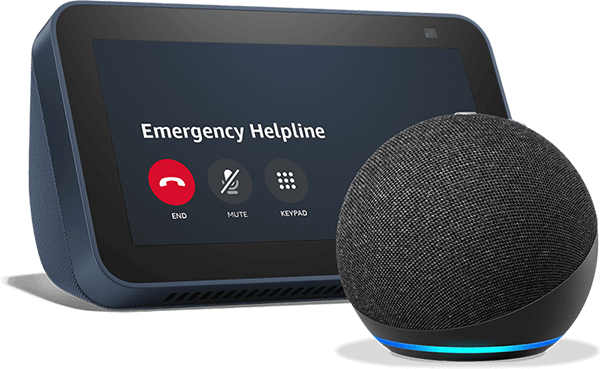
As people age, their ability to perform daily tasks tends to decline. Certain older adults may need assistance with caring for themselves and their homes. While some choose to move to senior care facilities, many older adults — over three-quarters of them in the U.S. — prefer to remain in their homes for as long as possible. Seniors can turn to home care services to help with personal care and household tasks, but cost is a concern. When people have limited financial means, Medicaid may be able to help. Here, we’ll go over what home care is and whether Medicaid covers it.
What is home care?
Home care is a type of nonmedical personal care that helps people live at home. Many types of home care services assist older adults with activities of daily living, like bathing and grooming, and housekeeping tasks, like cleaning and preparing meals. Older people can take advantage of home care to help them remain in their homes as they age in place rather than moving to an assisted living community or nursing home.
It is important to note that home care differs from home health care. Home health care involves skilled nursing care offered by licensed medical professionals, whereas home care includes nonclinical care offered by unlicensed but professional caregivers. Since home health care is medical in nature, health insurance typically covers at least part of it for a limited time period if prescribed by a doctor. Since home care is not medical, insurance generally does not cover it, requiring the person receiving the services to pay for it on their own.
Does Medicaid cover home care?
Medicaid is a health insurance program for people with limited financial resources who meet other eligibility criteria. The Medicaid program accepts certain individuals and families that fit into eligibility groups set by state and federal law. Many low-income seniors rely on Medicaid to pay for medical treatments and prescriptions.
Although Medicaid is health insurance and usually covers care that is medical in nature, in certain places and under certain circumstances, the Medicaid program can offer much more, including the option for home care. Thanks to certain states’ expanded coverage, people may be eligible to have the cost of their home care services covered by Medicaid. The programs and services provided by Medicaid vary based on state; depending on where you live, you may have access to home care services.
What home care services does Medicaid cover?
Where you live is a factor in determining which home care services Medicaid covers. Medicaid is jointly run between the federal government and each state, so the programs that your state runs may cover more, less, or different services than others. The programs within Medicaid often provide many services seniors may need to live in their communities longer and avoid nursing home care. Examples of home care services that Medicaid might pay for include:
- •Housecleaning.
- •Cooking and preparing meals.
- •Grooming, bathing, and toileting.
- •Mobility.
- •Assistance with laundry and eating.
- •Meal delivery.
- •Respite care.
How does Medicaid pay for home care services?
Depending on each state’s Medicaid programs, Medicaid may pay for certain home care services for seniors with financial need who meet their state’s Medicaid eligibility requirements. People can access expanded care options if their state has applied for and received home- and community-based services (HCBS) and other Medicaid waivers.
State Medicaid plan
Federal Medicaid laws require that each state provide benefits for home health care. However, all states also currently offer some coverage of home care. Under their state’s regular Medicaid program, seniors can access basic services, including help with nonmedical care like bathing, dressing, or eating.
Home- and community-based services Medicaid waivers
Home- and community-based services (HCBS) provide home care for seniors who require support to continue to live independently. HCBS are available if the senior needs nursing home-level care and is at risk of institutionalization if they do not receive home care assistance. HCBS waivers provide individuals with more services than are typically offered under state Medicaid programs. Types of home care paid for by HCBS waivers include:
- •Use of durable medical equipment.
- •Assistance with activities of daily living.
- •Adult day care services.
- •Access to personal emergency response systems.
Self-directed care
Self-directed care is an option for Medicaid recipients to control how much home care they use and their access to care, including hiring, training, and supervising providers. Self-directed care gives Medicaid recipients decision-making authority over services, but they are also responsible for managing their services and ensuring the costs are covered. While self-directed care gives Medicaid recipients more authority over their care, they lose access to the system that protects them by automatically allotting funds to pay for home care services.
Who qualifies for Medicaid home care services?
Individuals must qualify for regular Medicaid services before they qualify for home care. The most basic requirement for Medicaid applicants is that they must live in the state where they apply. In addition to residence requirements, applicants must meet income and asset limits set by the state. Many states base income and asset limits on the federal poverty level. You can find state-specific income and asset limits here.
There are also functional requirements one must meet before qualifying for home care coverage through Medicaid. The individual must need assistance with a certain number of activities of daily living or instrumental activities of daily living and complete an assessment. Each state sets its own requirements for how much assistance is needed to qualify for coverage.








